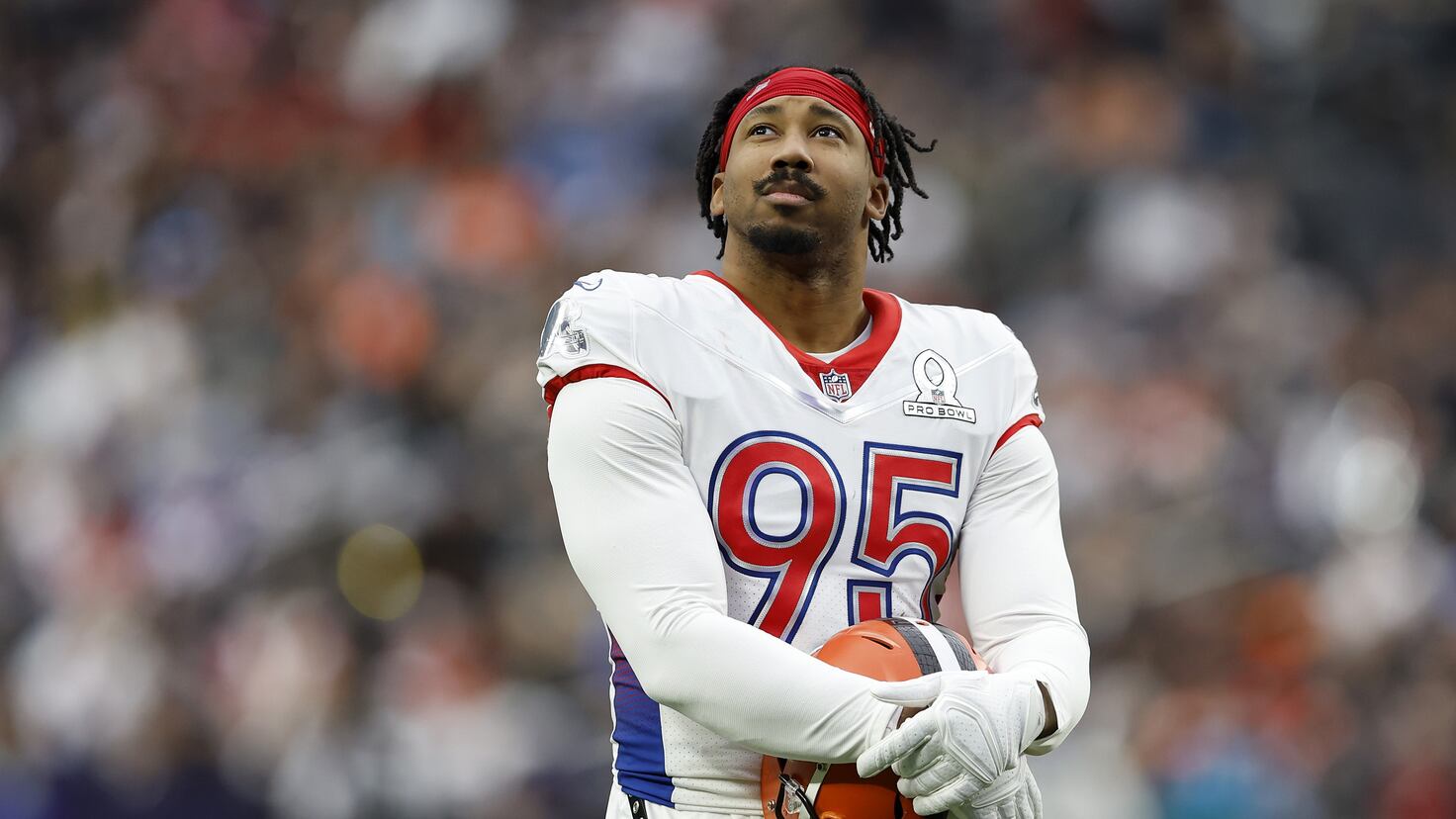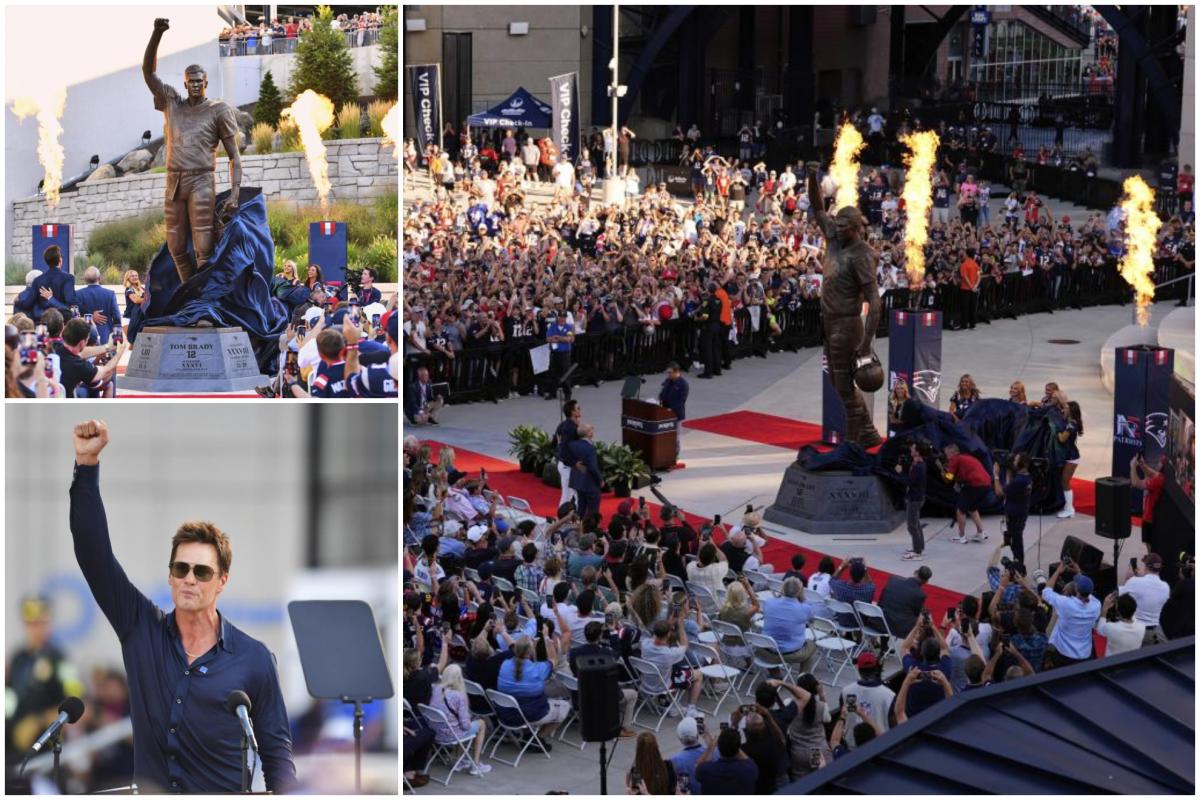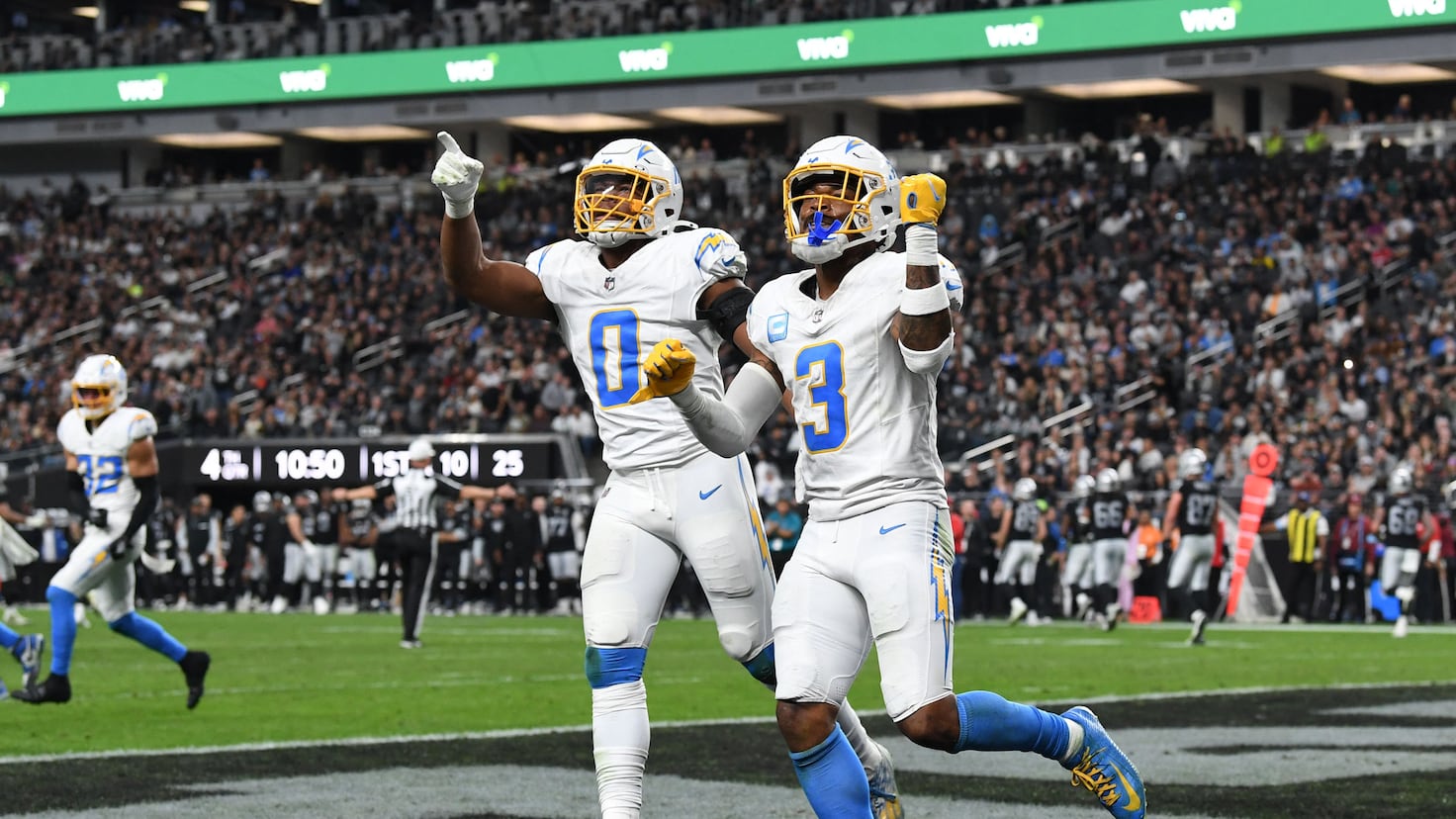The use of psychedelic drugs has gained remarkable popularity in the NFL thanks to the testimonies of some of its most recognized figures. What was linked to indigenous communities for decades, Today is debated in international conventions and has the public defense of elite athletes.
On June 18, at the Colorado Convention Center in Denver, the 'Psychodelic Science Conference' brought together experts and defenders of these substances. There, the former players Robert Gallery y Jon Feliciano They accompanied the current safety of the Buffalo Bills, Jordanthat monopolized attention when telling his personal experience. Poyer said that in the last three years he has traveled around Costa Rica and Al Amazonas to participate in traditional ayahuasca ceremonies.
“It's the worst thing I have tried, you know oil. But these They are the best moments of my life“He said.
Poyer reported that the sessions last near nine hours and are guided by indigenous communities. “It distanced me who I was in the field. I took the best version of myself, allowed me to realize why I housed so much anger. I even left alcohol“He said, after recognizing that he could drink up to” six pints in half an hour. “
Your case is not isolated. Aaron Rodgerscurrent Quarterback of the Pittsburgh Steelers and champion of the Super Bowl in 2011, was one of the first to speak publicly of his experience. In 2020, after winning his third MVP, he said that Ayahuasca helped “improve your sports performance”. According to Rodgers, more than a hundred NFL players have consulted for this practice.
Ayahuasca effects
Ayahuasca is a mixture of two Amazon plants that causes intense hallucinations and alters sensory perception, acting on the brain and certain serotonin receptors. This creates a psychic experience accompanied by hallucinations, intense emotions and a hyperactive imagination.
Although is not considered addictiveits consumption is not exempt from risks: it can lead to physical risks, such as vomiting, diarrhea and, sometimes, seizures, although they are quite rare. Can also cause episodes of Acute disorientation and anxiety.
Treatment of brain trauma
The growing interest in the ayahuasca is part of a sport marked by the Tcerebral rauma. Between 2019 and 2023, the League registered 692 shocks, a figure that descended 14% in 2024 after new security measures. However, a study by Boston University in 2022 revealed that 92% of former players suffered chronic traumatic encephalopathywith sequelae such as memory, anger or migraines problems.
Given this panorama, some clinical trials have explored the possible benefits of psychedelic substances in the treatment of these sequelae. But the scientific community is divided, noting that Current data in humans are not enough to justify their use in subjects with brain damage.
At the moment, the NFL has not included ayahuasca in the List of prohibited substancesalthough closely the participation of its players in ceremonies of this type.



